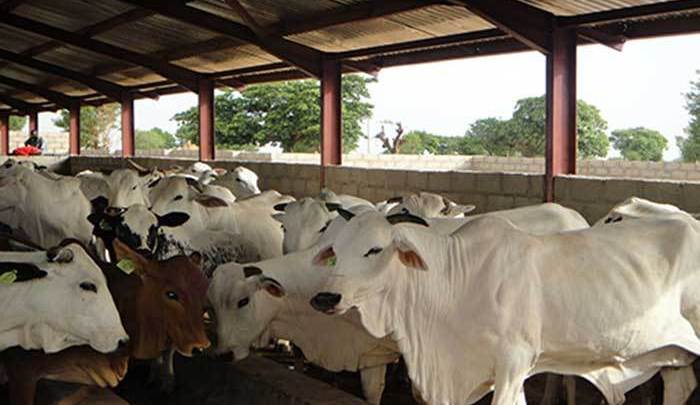LCCI calls for investments in livestock production to cut imports
The Lagos Chamber of Commerce and Industry (LCCI) is calling for investment in modern ranching, coordinated policies, and increased financing to boost Nigeria’s livestock sector and reduce import dependency.
Gabriel Idahosa, president of LCCI, in a statement said that Nigeria must urgently invest in modern ranching, feed systems, cold-chain logistics, and dairy infrastructure to reduce dependence on imports and create new job opportunities.
Highlighting livestock sector’s deepening imbalance in the first half (H1) of 2025, where imports stood at N815 billion, which resulted in a trade deficit of N763 billion in the period, he noted that the deficit “underscores profound structural weaknesses in local production”.
Read also: LCCI calls for sustainable market-driven reforms to drive price stability
The deficit also highlights the country’s growing dependence on imported livestock products due to inadequate local capacity, he said.
Despite being home to one of Africa’s largest cattle populations, Nigeria continues to face production shortfalls driven by outdated ranching methods, insecurity, and poor infrastructure across the value chain.
However, the LCCI reiterates that, “within five years, Nigeria should be able to halve livestock exports through coordinated policy, financing, and security support for agribusinesses”.
The livestock industry, which includes beef, poultry, and dairy production, remains largely informal and fragmented. Several players in the sector still rely on open grazing systems, which limit efficiency and increase conflict risks.
Additionally, absence of modern feed systems and cold-chain logistics weakens market competitiveness.
Read also: Kogi Govt opens bids for livestock market rehabilitation project
There’s also the challenge of insufficient dairy infrastructure that has left local processors unable to meet industrial demand, forcing reliance on imported milk and animal by-products.
The LCCI, therefore, calls for large-scale investments in modern ranching systems, structured feed mills, and temperature-controlled supply chains to strengthen domestic production.
With 58 million cattle, 563 million poultry and 60 million sheep, the livestock value chain holds the key to improving income and enhancing greater output.

